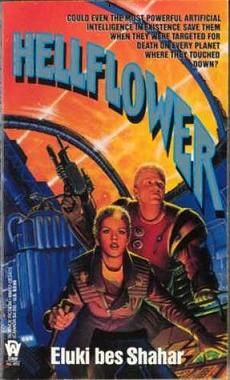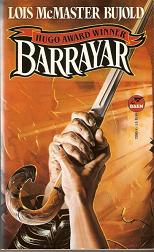If there really was one taboo subject in the old Usenet days of discussing science fiction, it was doubting the genius of Robert Heinlein. there were always acolytes and fanboys aplenty to explain away the homophobia, misogyny or racism that cropped up again and again in his work, or excuse the flawed logic or inconsistencies that could be found in them. Times have changed though and as new generations of sf readers have grown up, Heinlein has lost much of his former prominence in science fiction. Which means there has been room to start seeing the real Heinlein, not the idealised picture his fans have build up around him.
Ironically, it’s the self same fans who are helping to tear this picture down, as they are the only ones dedicated enough to publish things like a never send letter to F. M. Busby about freedom and race relations (PDF, starts at page 68). It’s full of gems like this:
Nor do I feel responsible for the generally low state of the Negro—as one Negro friend pointed out to me; the lucky Negroes were the ones who were enslaved. Having traveled quite a bit in Africa, I know what she means. One thing is clear: Whether one speaks of technology or social institutions,
“civilization” was invented by us, not by the Negroes. As races, as cultures, we are five thousand years, about, ahead of them. Except for the culture, both institutions and technology, that they got from us, they would still be in the stone age, along with its slavery, cannibalism, tyranny, and utter lack of the concept we call “justice.”
Which is straight out of any angry white nerd’s rant against political correctness ever written. So when was it written? 1964.

